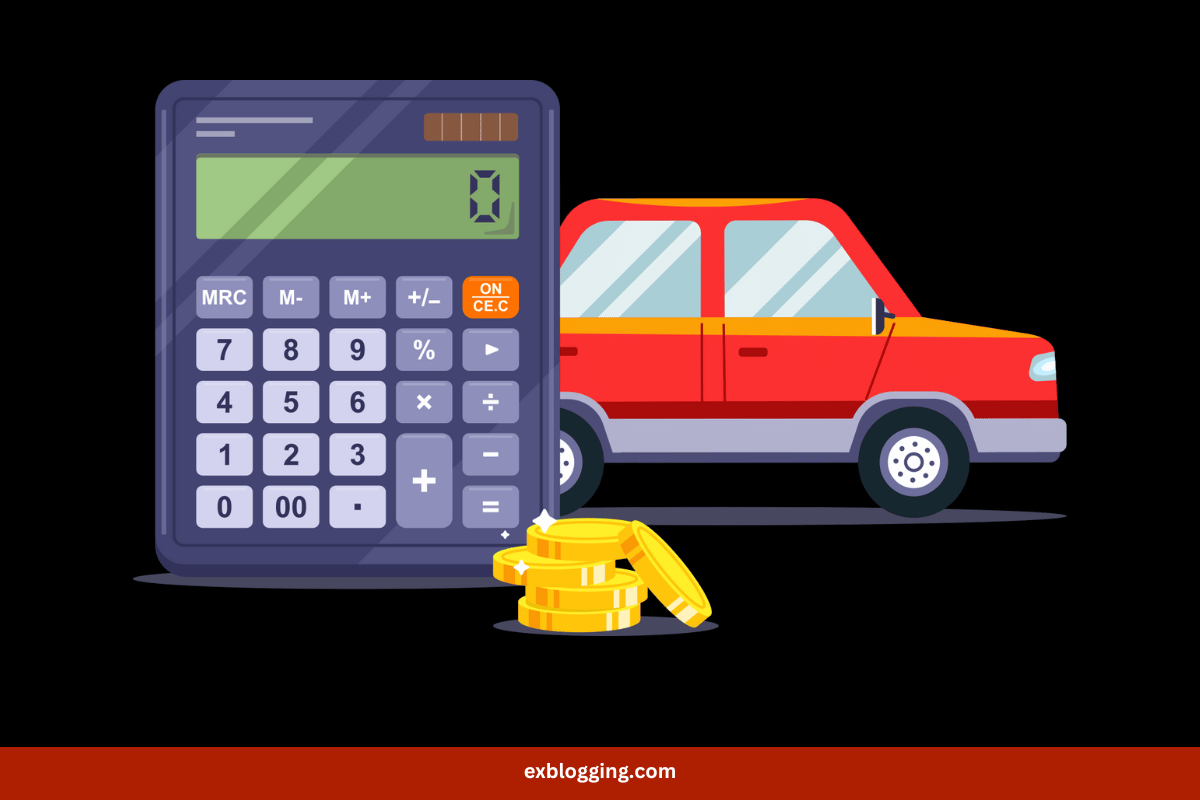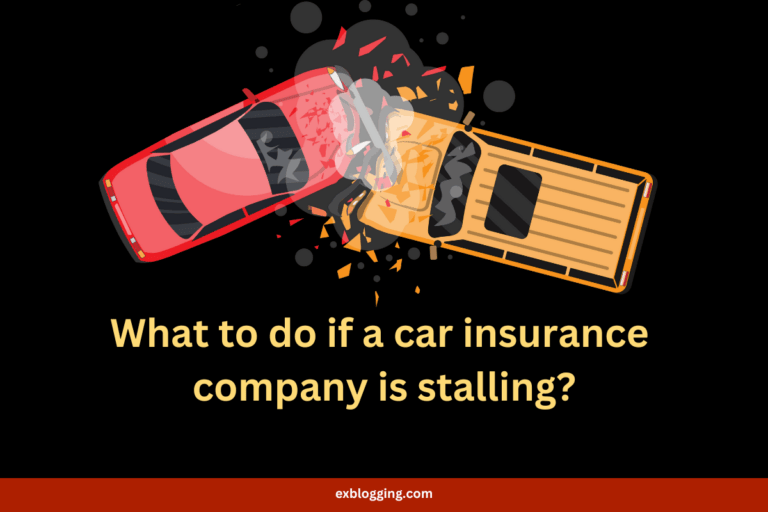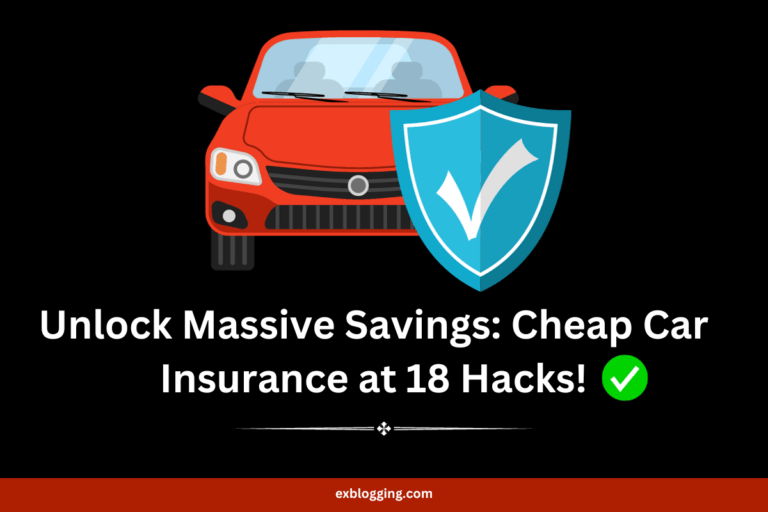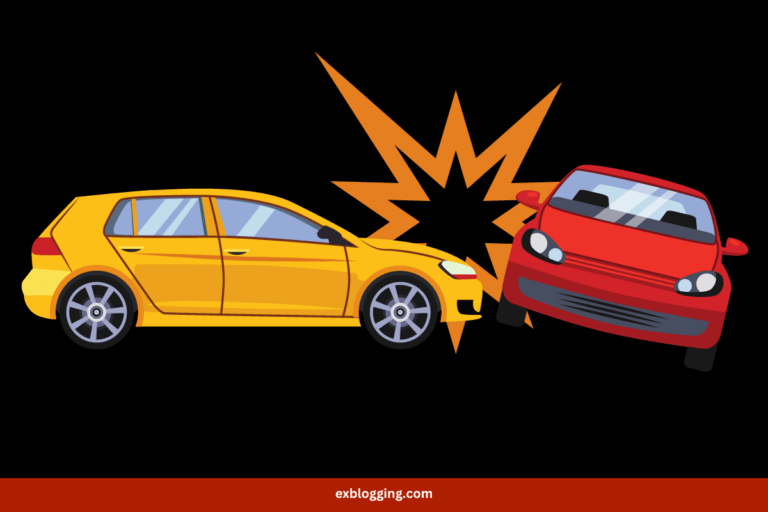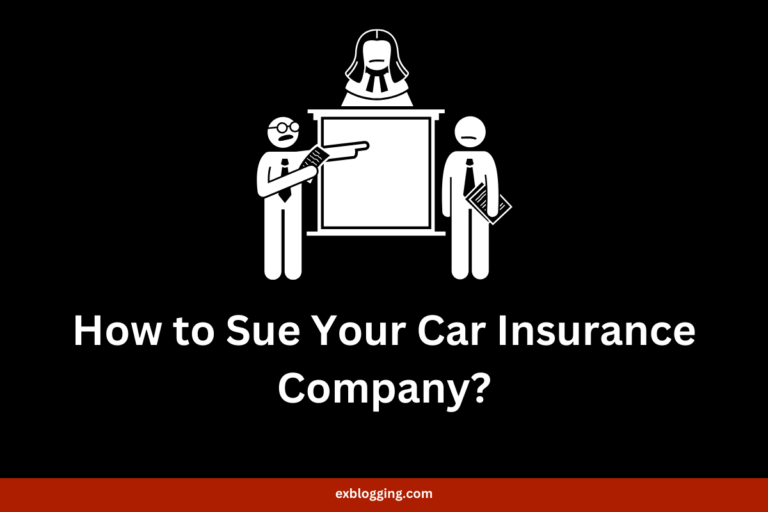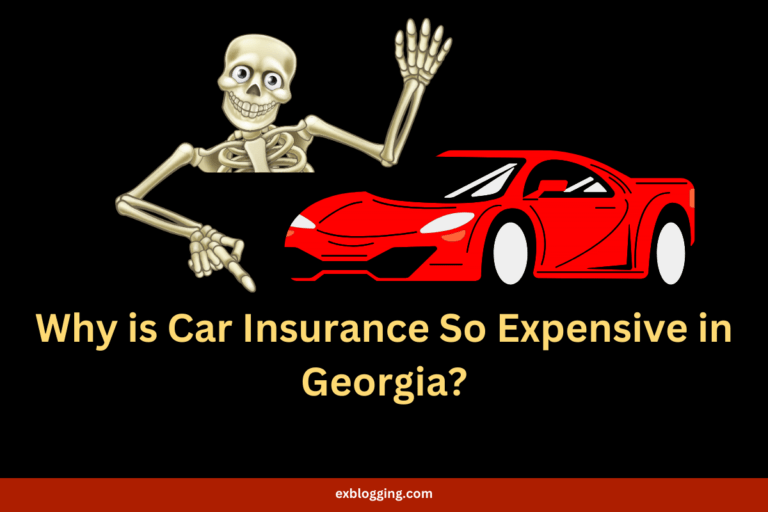What If Car Insurance Doesn’t Pay Enough?
When your car is involved in an accident and needs repairs, your insurance provider works with repair shops to address the damages. However, if the repair costs exceed 75% of your car’s current market value, your insurance company might declare it a total loss. This decision can result in various outcomes based on the age and value of your vehicle. But what if your insurance payout doesn’t cover the full amount needed? This common concern raises the question: what if car insurance doesn’t pay enough?
If you have a new SUV, the high value of your car may mean extensive repairs, essentially turning it into a nearly rebuilt vehicle. On the flip side, if you depend on an older car for your daily commute, you might receive a payout offer that won’t suffice as a down payment for a replacement vehicle.
If you’ve ever wondered about the likelihood of finding yourself in a similar situation, you’re not alone. In 2021, the Institute for Traffic Safety Management and Research reported a staggering 392,000 motor vehicle accidents on New York’s roads. Surprisingly, more than 71% of these accidents resulted in property damage. This data indicates that the chances of experiencing an accident that leads to property damage are quite significant.
Dealing with a car accident is undoubtedly stressful, and the last thing you want to worry about is how much your insurance company will cover for the damages. However, in the unfortunate event of a serious accident that results in your car being declared a total loss, the offered payout may fall far short of your expectations.
Like countless other drivers, you may find yourself wondering what steps to take when the insurance company’s offer doesn’t suffice to replace your vehicle with a similar one. In this article, we will guide you through the actions you can consider if you ever find yourself in this predicament.
Unlocking the Hidden Value of Your Vehicle: The Power of Appraisals

The initial step to take in this situation involves obtaining an appraisal. Some insurance policies include an appraisal clause that can help resolve any discrepancies between the initial offer and the actual pre-accident value of your vehicle.
The appraised value primarily depends on factors like the year, make, and model of your vehicle, but other elements can come into play. For instance, any custom modifications can potentially increase your car’s value. Furthermore, antique and classic cars often hold a cash value that significantly surpasses their original sticker price.
To facilitate the appraisal process, it’s essential to have maintenance records that establish your vehicle’s history and provide a recent odometer reading. These details help in showcasing your vehicle’s pre-accident condition. Moreover, if you possess the original window sticker, make sure it includes all the options for an accurate appraisal.
Maximizing Car Insurance Negotiations: Appraisals and Alternatives
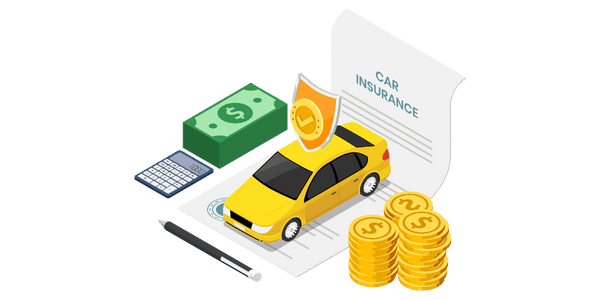
With a written appraisal in hand, you’re equipped to kick-start negotiations with your insurance company. This appraisal holds the key to securing a more favorable settlement or preventing your car from being labeled a total loss. It reveals the essential information you need—the precise cash value of your vehicle right before the accident occurred.
But even if you don’t have an appraisal, negotiation is still an option. Begin by thoroughly reviewing the insurance adjuster’s written estimate. Identify any inaccuracies and back up your claims with supporting documents, such as maintenance records or the original window sticker. If the insurance company remains unyielding in their appraisal, you might need to explore alternative strategies.
Emotional Appeal: A Secret Weapon in Dealing with Insurance Companies
It might come as a revelation that insurance companies aren’t solely focused on statistics and figures. Sometimes, appealing to the emotional side of the accident and how it disrupts your daily life can make a difference. Additionally, showcasing photos of the accident and underscoring its gravity could also prove to be successful.
Craft a Smart Insurance Counteroffer
Rather than passively awaiting the adjuster’s next move, take the initiative by presenting a well-documented counteroffer to their appraisal. It’s crucial to be realistic; avoid plucking an arbitrary number from thin air. Instead, leverage online resources to gauge your car’s resale value (not the trade-in value). Make sure to factor in any added features or modifications that influence its overall worth.
The key is to start your counteroffer preparations as early as possible. This typically involves commencing your research immediately following an accident, particularly if you foresee a potential total loss designation.
Getting Your Car’s Full Value
In New York, a specific formula permits repairs that exceed the estimated costs. Nonetheless, if the insurance repair estimates appear surprisingly low, obtaining a written estimate from an auto body shop can effectively showcase your car’s true value.
Documenting Car Value Conversations Effectively
Maintaining a record of all interactions with the insurance company or other parties involved in assessing your car’s value is a wise step to take. It’s crucial, particularly when you receive settlement offers. Opting for written communication simplifies this process. Whenever feasible, use methods like email or certified mail to ensure you have tangible evidence of discussions and offers.
Arbitration for Fair Car Value
In New York, auto insurance regulations offer the option of arbitration in specific cases. Arbitration involves bringing in an impartial third party to reevaluate your car’s value. This process entails a meeting between you, an insurance company representative, and a licensed arbitrator, with the goal of reaching a fair and mutually satisfactory settlement. Though not mandatory, having legal representation present during this procedure is an option you can consider.
Maximizing Insurance Settlements with Professionals
Initiating negotiations with the insurance company should be your initial approach when aiming for a larger insurance settlement. Nevertheless, it’s crucial to be prepared for the possibility that negotiations may not yield the desired outcome. In such cases, taking your case to court might become necessary.
Navigating the legal system can be complex, making it advisable to seek professional assistance, such as hiring an attorney, even if you’ve managed negotiations on your own.
Hiring a reputable law firm ensures that you only incur fees in the event of a successful court outcome or a favorable settlement. This approach eliminates any upfront financial concerns. To explore the viability of filing a lawsuit, scheduling a complimentary and non-obligatory case evaluation is a recommended step.
Reclaiming and Repairing Your Totaled Car
You might have the opportunity to repurchase your totaled car from the insurance company. Typically, you’ll retain the vehicle with a salvage title and handle any necessary repairs on your own. This option can be beneficial for certain car owners, especially if you have an older car with a low market value. Even minor repairs could lead to it being declared a total loss. In such cases, the insurance payout wouldn’t be enough to replace the car, making repair a sensible choice.
However, there are some downsides to consider. Firstly, the insurance payout is reduced by the estimated repair costs. Additionally, there may be restrictions on the types of insurance available for the car after repairs are completed.
FAQs
Can you ask for more money when your car is totaled?
Fortunately, there’s room for negotiation to secure a higher payout. Convincing the insurance company to offer more can be a bit of a challenge, but it’s definitely doable. You’ll need to provide evidence that demonstrates your car’s value is greater than their initial estimate. If you’ve made any improvements or enhancements to your vehicle, these can positively impact its overall worth.
How do you challenge an insurance estimate?
Initiate an appeal process – If, for example, your insurance provider believes that the repair costs for your home will be a certain amount, but you believe it will be higher, obtain a written estimate from an independent contractor. Express your argument in written form to the insurance company, and include supporting evidence such as estimates, photographs, or other relevant documentation.
What Happens When a Car Accident Claim Exceeds Insurance?
If you caused an accident and your claim surpasses the other driver’s insurance limit, you could face a lawsuit from them. Additionally, if the other driver wins the lawsuit, you might be required to compensate them for damages.
How do I ask for more money in my car insurance claim?
Provide a detailed account of the car accident, your injuries, the medical care you’ve received, any lasting health concerns, the extent of damage to your vehicle, and any additional costs resulting from the accident. Subsequently, communicate the specific amount of compensation you are requesting due to these circumstances to the insurance company.
Can insurance provide a payout exceeding your car’s actual value?
No, insurance companies typically base their payout for a totaled vehicle on its actual cash value (ACV). If the outstanding balance on your loan exceeds the ACV of the car, you’ll still be on the hook for the remaining amount owed to your lender.
What are signs that a car is totaled?
Key Indicators of a Totaled Car:
1) Inoperable engine or won’t start.
2) Extensive body damage or deformation.
3) Noticeable fluid leaks from the vehicle.
4) Severe frame damage.
5) High mileage on the car.
What if the repair costs exceed the car’s value?
In the event of an at-fault accident where the repair costs surpass the car’s value, or it’s deemed irreparable, your insurance provider compensates you for the vehicle’s worth (minus any deductible) if your policy includes the necessary coverages.
Is a car considered totaled when its airbags deploy?
When Does a Car Get Declared a Total Loss? The mere deployment of airbags does not automatically categorize a car as totaled. In most cases, a car is only deemed totaled when the expense of repairing it exceeds the car’s overall value.
How is the value of a totaled car determined?
When Calculating the Value of Your Totaled Vehicle: Insurance companies usually rely on the actual cash value (ACV), often referred to as market value. The ACV factors in the replacement cost of the vehicle while accounting for depreciation. It essentially reflects what you could get if you sold your vehicle in today’s market.
Explore More: Discover related Topics for Further Insights and Guidance:
How to Settle a Car Accident Without Insurance?
What happens if you wreck a financed car without insurance?
